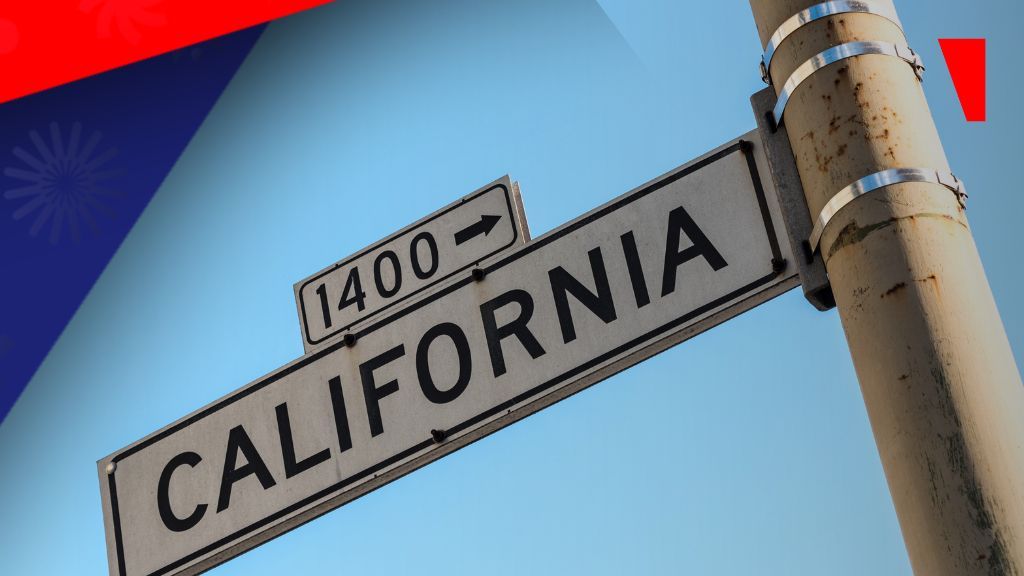California Governor Gavin Newsom has officially signed Assembly Bill 831 (AB 831) into law, banning sweepstakes gambling in the Golden State. The move, which goes into effect on 1 January, 2026, cements California’s position as the largest state to outlaw “dual-currency” casino-style sweepstakes, a fast-growing grey-market sector.
The law prohibits not only sweepstakes operators but also their payment processors, financial institutions, geolocation providers, platform suppliers, and media affiliates. Violators face misdemeanor charges, including fines of up to $25,000 or one year in county jail, or both.
Unanimous legislative support
AB 831, introduced by Assemblymember Avelino Valencia, sailed through both chambers of the state legislature with overwhelming bipartisan support. The California Senate approved it 36–0 on 8 September, while the State Assembly followed 63–0 on 12 September.
The bill began life as a separate measure before being transformed through a “gut-and-amend” process into a full-scale anti-sweepstakes law. Newsom’s signature on 11 October (Saturday) completes its legislative journey, following months of mounting pressure from tribal gaming associations and regulated operators.
Tribal support and “grey market” concerns
California’s tribal gaming associations, including the California Nations Indian Gaming Association (CNIGA) and the Indian Gaming Association (IGA), were among AB 831’s strongest supporters. James Siva, chairman of CNIGA, described the bill as “the top legislative priority of the session,” calling it vital to protect tribal sovereignty and preserve the state’s constitutional framework for gaming.
Supporters argue that sweepstakes operators, many of which are based offshore, exploit legal loopholes by running dual-currency models. Players can buy “gold coins” for entertainment but can also win “sweep coins” that can be redeemed for cash. This mimicks casino gameplay mechanics without the same oversight or responsible gambling standards.
According to Michael Hoenig, vice-chairman and associate general counsel of the Yuhaaviatam of San Manuel Nation, AB 831 “closes every loophole” and leaves legitimate promotional prize draws — like those run by McDonald’s or Starbucks — untouched.
Industry opposition and economic concerns
The Social Gaming Leadership Alliance (SGLA), which advocates for sweepstakes operators, vigorously opposed the bill. The group had encouraged Newsom to oppose the bill, claiming it would cost the state hundreds of millions of dollars in potential tax income and eliminate a sector worth $1 billion annually.
SGLA executive director Jeff Duncan criticised lawmakers for “disregarding economic reality” and “handing monopoly power to tribes that already control billions in gaming revenue.”
Several smaller tribes, including the Kletsel Dehe Wintun Nation, Sherwood Valley Rancheria, and Big Lagoon Rancheria, also voiced concern that the measure could hurt economically isolated communities that rely on digital gaming to fund healthcare, education, and housing programmes.
A national trend against sweepstakes gambling
California is not alone in taking aim at sweepstakes casinos. Montana, Connecticut, and New Jersey have already passed similar bans in 2025, while New York and Nevada are weighing comparable legislation.
The momentum reflects growing unease over the rapid rise of unregulated social casinos, whose US market revenue was estimated at $3.1 billion in 2022 and projected to surpass $8 billion by 2024. Lawmakers say the sector’s opaque business model risks consumer exploitation, tax evasion, and illegal gambling practices.
In California, supporters say AB 831 represents more than just a crackdown, it’s a reaffirmation of the state’s commitment to a regulated and accountable gaming ecosystem. As Victor Rocha, chairman of the IGA conference, noted, “FanDuel, DraftKings, and the tribes are all on the same side” and share the goal of “the complete eradication of the sweepstakes industry.”
All roads lead to Rome, 03–06 November 2025. SiGMA Central Europe takes centre stage at the Fiera Roma, uniting 30,000 delegates, 1,200 exhibitors, and 700+ speakers. This is where legacies are built, and the future takes shape. Connect with the innovators’ driving change.

